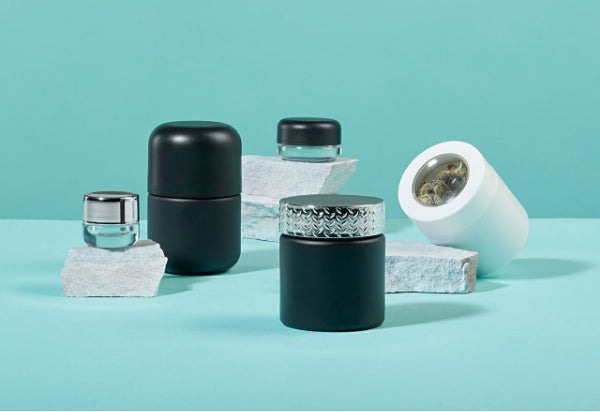
What's Next
Access to industry leading products and expertise.
Often times, products labeled biodegradable or compostable are misleading. In the state of California, strict laws regulate the marketing and labeling of degradable plastic products sold, including those claimed to be “compostable” or “biodegradable.”
Most biodegradable and compostable packaging options need very specific environments in order to break down. While they look similar to plastic, they usually are not recyclable and cannot be reused in the waste steam. The materials that are currently available for biodegradable material, such as PLA, may also not perform in terms of protecting against moisture and terpene loss.
According to the FTC Code of Federal Regulations, "It is deceptive to make an unqualified degradable claim for items entering the solid waste stream if the items do not completely decompose within one year after customary disposal. Unqualified degradable claims for items that are customarily disposed in landfills, incinerators, and recycling facilities are deceptive because these locations do not present conditions in which complete decomposition will occur within one year."
Read more on degradable claims and marketing.
There are opportunities for additives to PET plastic to make the product degrade, but testing needs to be done to ensure the product breaks down with no harm to the environment.
In order for a product to be considered biodegradable, products need to be tested with ASTM protocols and criteria.
ASTM 6400 tests for commercial composts and must show breakdown within 180 days and no harm to the surrounding ecosystem. ASTM D5526 tests for plastic materials that will degrade with anaerobic biodegradation under accelerated landfill conditions.
We’re always on the lookout for the next great sustainable package and will continue testing materials as they become available.